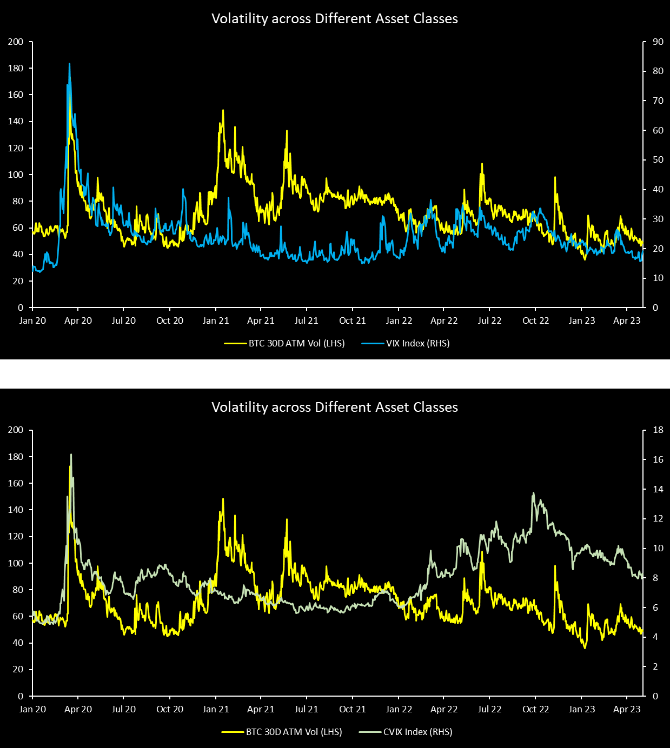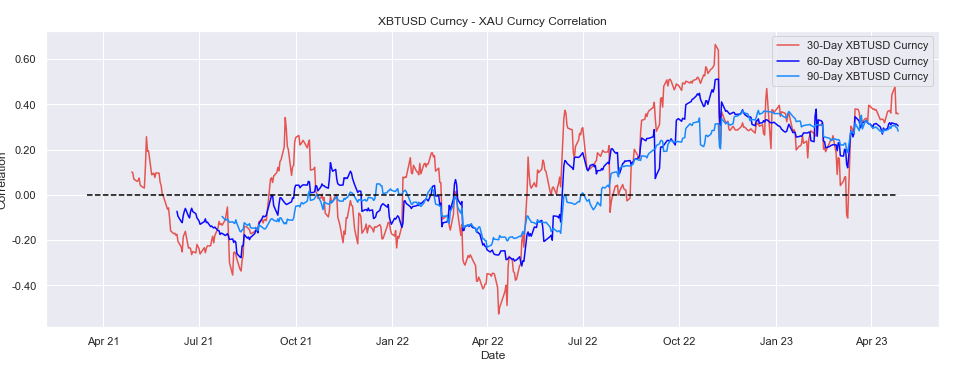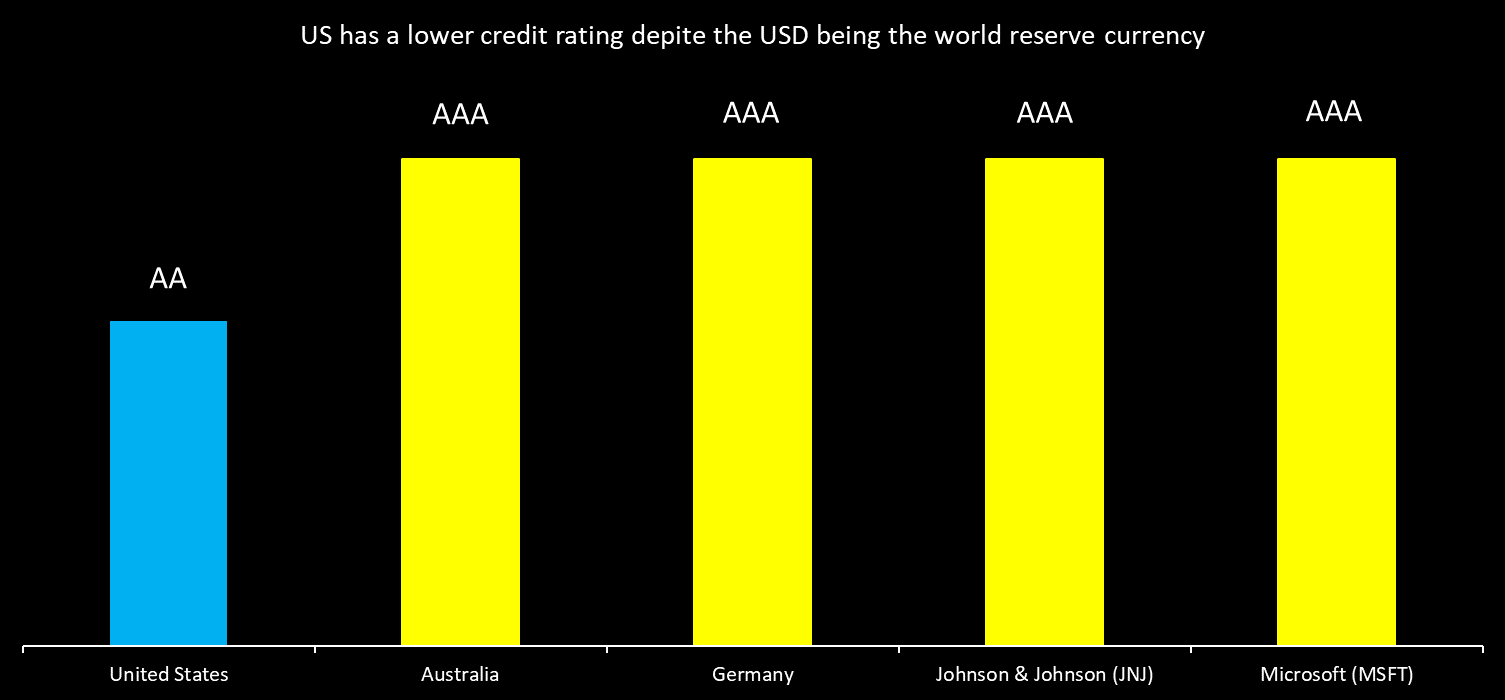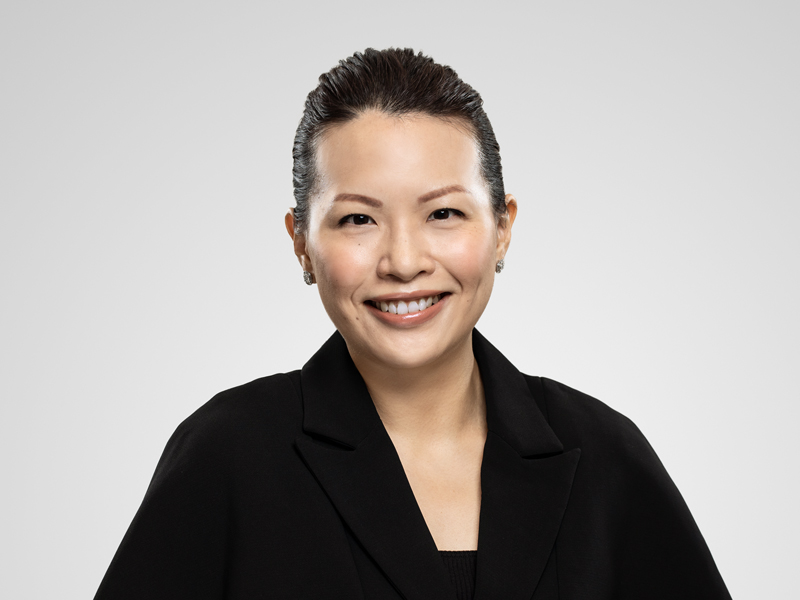Harneys and QCP Capital post-webinar analysis - the institutionalisation of digital assets: Opportunities and risks
Our Singapore Managing Partner Lishi Fong recently co-hosted a webinar with QCP Capital CEO Melvin Deng. The webinar provided valuable insights into the evolving landscape of web3 and crypto, and it was a lively and interactive exchange between the speakers representing different aspects of this ecosystem.
If you missed the webinar, here are some of the key takeaways from the discussion:
Institutional crypto is driven less by speculation and more by adoption
For many people the impression of crypto could be that it is just a highly speculative market, with activity centred around buying memecoins and more. However, much of this is debunked on the institutional side, with options trading businesses like QCP Capital steadily growing through institutional adoption. Melvin explained, “Traditional investors like hedge funds would unlikely take on risk on very new coins even though the price can go up by a thousand times. They tend to prefer products like options which are similar to products in traditional markets.”
He further elaborated that option volumes have generally remained very robust throughout crises, and that this means that people who have invested into the options market have not necessarily exited.
Crypto option vols are generally much higher than vols in traditional asset classes

Source: QCP Insights, Laevitas, Bloomberg
Crypto vols hit 150 in 2022 at the height of the 3AC and FTX events, but they have now stabilised in the 50 - 60 vol range. In comparison equity vols sit at the 15 - 30 range, while FX vols are around the 10 - 20 range.
On an absolute basis, crypto vols have historically moved 300 per cent from the lows despite unprecedented black swan events, while equity vols have moved 600 per cent and FX vols have moved 400 per cent.
Crypto has also started to perform as an anti-USD/fiat debasement hedge similar to gold
As an example of how crypto has been adding to its value as a diversifier in portfolios, Melvin shared that “Bitcoin (BTC) has been trading a bit closer to be more like gold in the last two to three months than before.” BTC’s correlation with Gold has trended higher during the recent hiking cycle and during the recent banking crisis. This correlation is also approximately +40 per cent on a 30-day trend compared to -40 per cent a year ago.

Source: QCP Insights, Laevitas, Bloomberg
The recent banking crisis has also shown how crypto can act as an alternative store of value. Debt ceiling concerns, in which the lack of a resolution would mean the US potentially defaulting on some of its loan obligations, have also added to the crypto proposition. For example, the current credit rating of the US is rated AA, while Microsoft and JNJ are rated AAA.

Source: QCP Insights, S&P
Establishing a crypto fund in the BVI and the Cayman Islands
Lishi continued the conversation by sharing more about the recent rise in crypto fund formation in the British Virgin Islands (BVI) and the Cayman Islands. The BVI and the Cayman Islands have long been recognised as two of the world's leading offshore financial centres. Both jurisdictions offer a wide range of investment products and services, including open-ended and close-ended funds, to meet the diverse needs of investors from around the globe. Offshore fund vehicles are highly flexible, tax-efficient, appropriately regulated structures that allow you to issue fund interests to investors from different parts of the world, which can be established quickly and cost-efficiently to ensure you meet both your budget and timeline. Unlike Singapore, the BVI and Cayman funds do not require a standalone licensed fund manager to manage the fund and the fund can be managed by the board of directors or general partners of the fund. This flexibility works well for start-up fund managers in the crypto space. Additionally, the versatile fund models offshore allow for subscription and redemption in digital assets which may be the preferred dealing currency for some clients.
Virtual Asset (Service Providers) Act in the BVI
Lishi also noted that the BVI, similar to the Cayman Islands, introduced the Virtual Asset (Service Providers) Act (the VASP Act) which came into effect on 1 February 2023. This means that virtual asset service providers (VASPs) (eg exchanges, market makers, decentralised finance protocols etc) within the regime must be registered with the BVI Financial Services Commission (the Commission). The VASP Act provides for a transitional (or grandfathering) regime whereby VASPs operating prior to the coming into force of the regime, ie prior to 1 February 2023, may continue to operate provided they submit an application for VASP registration with the Commission or cease regulated activities in or from within the BVI. This transitional period ends on 31 July 2023. Once a VASP submits an application to the Commission, the transitional period is extended to cover the time period that the Commission considers and either approves or rejects the application. In consequence, the new regime should not interrupt the on-going business activities of a pre-existing VASP that engages appropriately with the Commission.
This webinar provided valuable insights into the institutionalisation of digital assets, highlighting opportunities and risks in the evolving crypto landscape.

